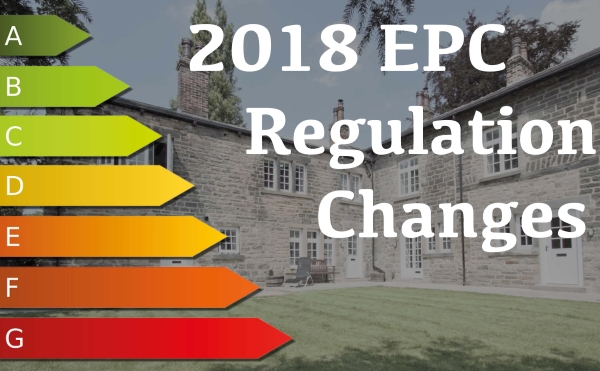There are many benefits to energy efficiency in BTL property, not least of all because a wised-up tenant base now looks for it as they know it will cut costs. Energy efficiency saves money and ensures a comfortable home environment in the colder months of the year. Yet the EPC system has come in for criticism from landlords and their representative groups. In a recent survey, some positive feedback came out of the community.

“Be More Ambitious”
Since April of this year, a new set of standards have applied to the EPC. Now, residential property must have a minimum E rating. But the steps to improve energy efficiency will not end there. The government announced that on top of the current measures enacted, by 2030 it is expected to increase to a minimum “C” rating by the current grading.
The RLA (speaking on behalf of its members) is now petitioning the government to display more ambition over these measures and do more to actively encourage energy efficiency in BTL property. Most importantly, they have asked that the government consider making energy efficiency upgrades to their properties tax deductible in the same way that repairs are classified.
Active Encouragement will Help Landlords Meet Targets
The RLA says this will encourage landlords to do more to work towards energy efficiency and help tenants make an informed choice. In the long-term, it should also encourage active management of properties for continual investment in energy efficiency from landlords and that can only be good news for the environment, government targets, and tenants’ pockets.
- It is believed that around 37% of BTL properties are currently rated F or G and are unable to improve it to the minimum E standard
- The government has stated that the proportion of BTL accommodation rated F or G dropped from 25% in 2006 to under 7% by 2016
- The cost of improvement averages out around £5,800 per property to hit the minimum E target
- This is an ongoing issue for the RLA who stated previously that around 61% of landlords would like tax relief to make the necessary improvements to their properties

Withdrawal of Landlord Energy Savings Allowance
The new changes and future potential alterations come in the wake of the removal of Landlord Energy Savings Allowance. The withdrawal was not due to public funding budget cuts, but because few landlords had taken up the scheme in the first place. Although RLA has not suggested re-introducing the scheme, they do believe that a more streamlined approach to energy efficiency fuelled by tax relief could be key to helping landlords meet their targets now and in the future, creating a culture of anticipating change and adapting to new energy efficiency technology and targets.